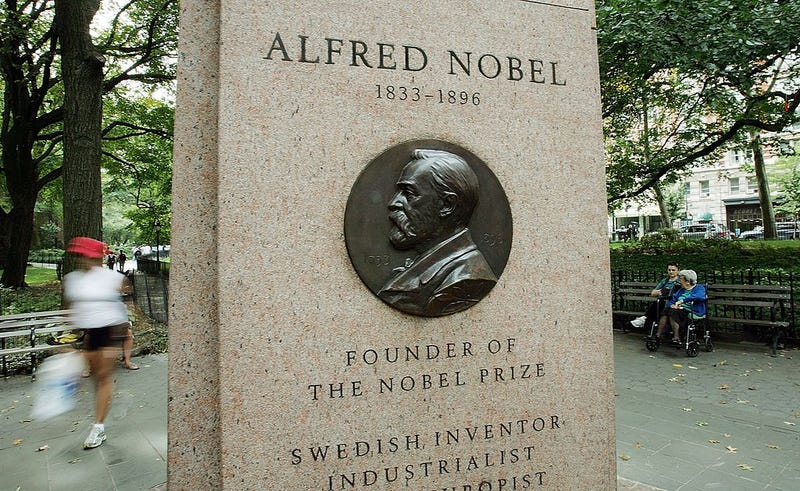
Two scientists in California won the Nobel Prize on Monday for their research into the human body’s ability to register temperature and touch.
David Julius, a physiologist at UCSF and Ardem Patapoutian, molecular biologist and neuroscientist at Scripps Research Institute at La Jolla, worked in the field of somatosensation, which delves into sensations felt by various human organs.

Their work centered on the receptors in human skin that register heat and pressure, according to The Nobel Assembly at the Karolinska Institutet's press release. Their findings could revolutionize treatments of health conditions from heart disease to chronic pain.
Each used a different strategy. Julius derived a compound from chili peppers that induce a burning sensation to identify a sensor in the skin’s nerve endings that responds to heat. Patapoutian used pressure-sensitive cells to discover a new class of sensors that respond to mechanical stimuli in the skin and internal organs.
"This really unlocks one of the secrets of nature," said Thomas Perlmann, secretary-general of the Nobel Committee, in announcing the winners. "It’s actually something that is crucial for our survival, so it’s a very important and profound discovery."
The Nobel Prize includes a gold medal and 10 million Swedish krona (over $1.14 million). The money comes from a bequest left by the prize’s creator, Swedish inventor Alfred Nobel, who died in 1895.
This prize is the first to be awarded this year. The other fields yet to be announced are physics, chemistry, literature, peace and economics.

